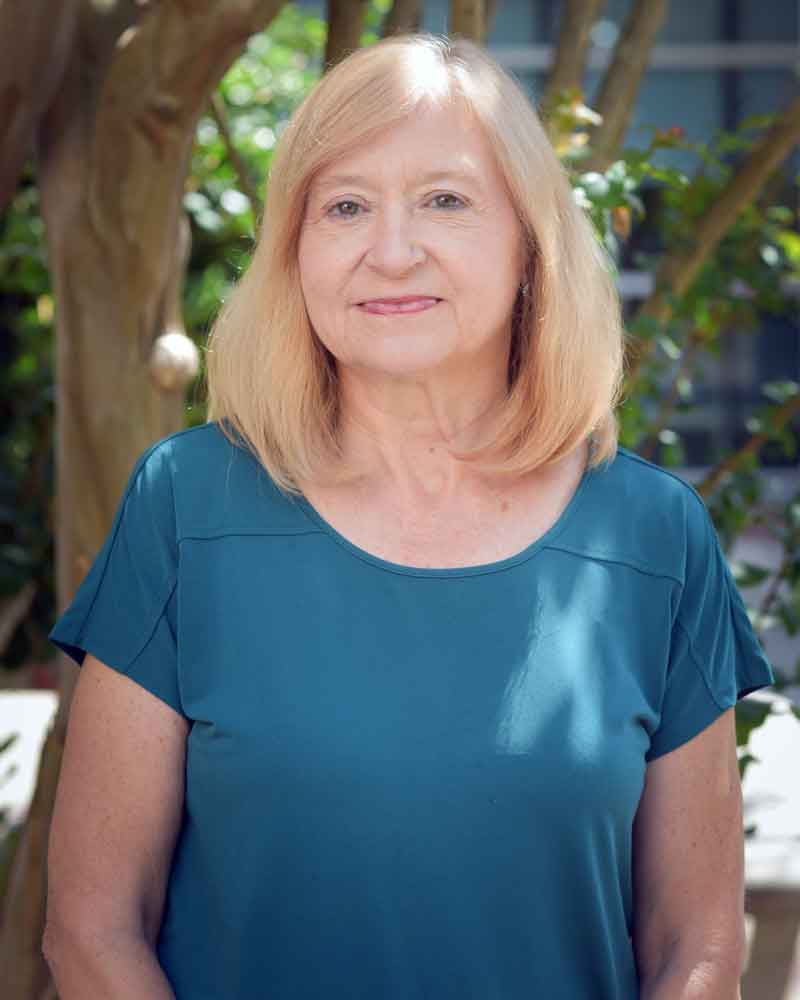
Dr. Tracy Irani Professor
3001-A McCarty Hall D
1604 McCarty Dr.
University of Florida
Gainesville, FL 32611
Phone: (352) 273-3446
Email: irani@ufl.edu
Education
- Ph.D. College of Journalism and Communications, University of Florida, Gainesville, FL
- M.S. Duquesne University, Pittsburgh, Pennsylvania. Corporate Communications
- B.A. Point Park College, Pittsburgh, Pennsylvania Journalism and Communications
Biography
Dr. Tracy holds the rank of Professor in the College of Agricultural and Life Sciences. She is a nationally recognized social scientist in the areas of public understanding of science and technology, crisis and risk communication, and public opinion issues analysis.
Results from her research have been published in over 100 peer reviewed publications and more than 150 conference presentations/proceedings. Her research has been funded by the National Institutes of Health, The National Oceanic and Atmospheric Administration, the Howard Hughes Medical Institute, the American Lung Association and the USDA.
Dr. Irani’s research looking at public response to issues of importance in agricultural and natural resource contexts has been featured nationally and led to initial development of the Center for Public Issues Education, which currently supports faculty members, post-doctoral associates, staff and graduate students.
She has received numerous national and international awards for her research, and has served as Research Director for the interntioanl Association for Communications Excellence
Research Interests
My research examines the influence of public opinion and strategic communications strategy on attitudes and behavior in the context of controversial science and technology issues and policies. My research builds on my previous work in science and health communication, community based participatory research and community outreach. Much of my work focuses on examining influences on decision making and exploring the linkage been cognition, message framing and behavior. I’ve looked at cognitive tendencies, in particular, critical thinking and problem solving, and been able to demonstrate their relationship and influence on decision making behavior. This work led to development of a proprietary instrumentation scale, the UF Critical Thinking Inventory, or UF-CTI, which has been validated for use in determining critical thinking. By applying message framing constructs to persuasion models like the Elaboration Likelihood model and the Theory of Planned Behavior, I have been able to show the connection between message framing and attitudinal and behavioral response in public communication and education campaigns and outreach activities. This research has led to the expanded use of strategic communications methodologies in public education/communication in agricultural and environmental settings. My research concentrates on
- decision-making
- critical thinking
- strategic communications
- framing
